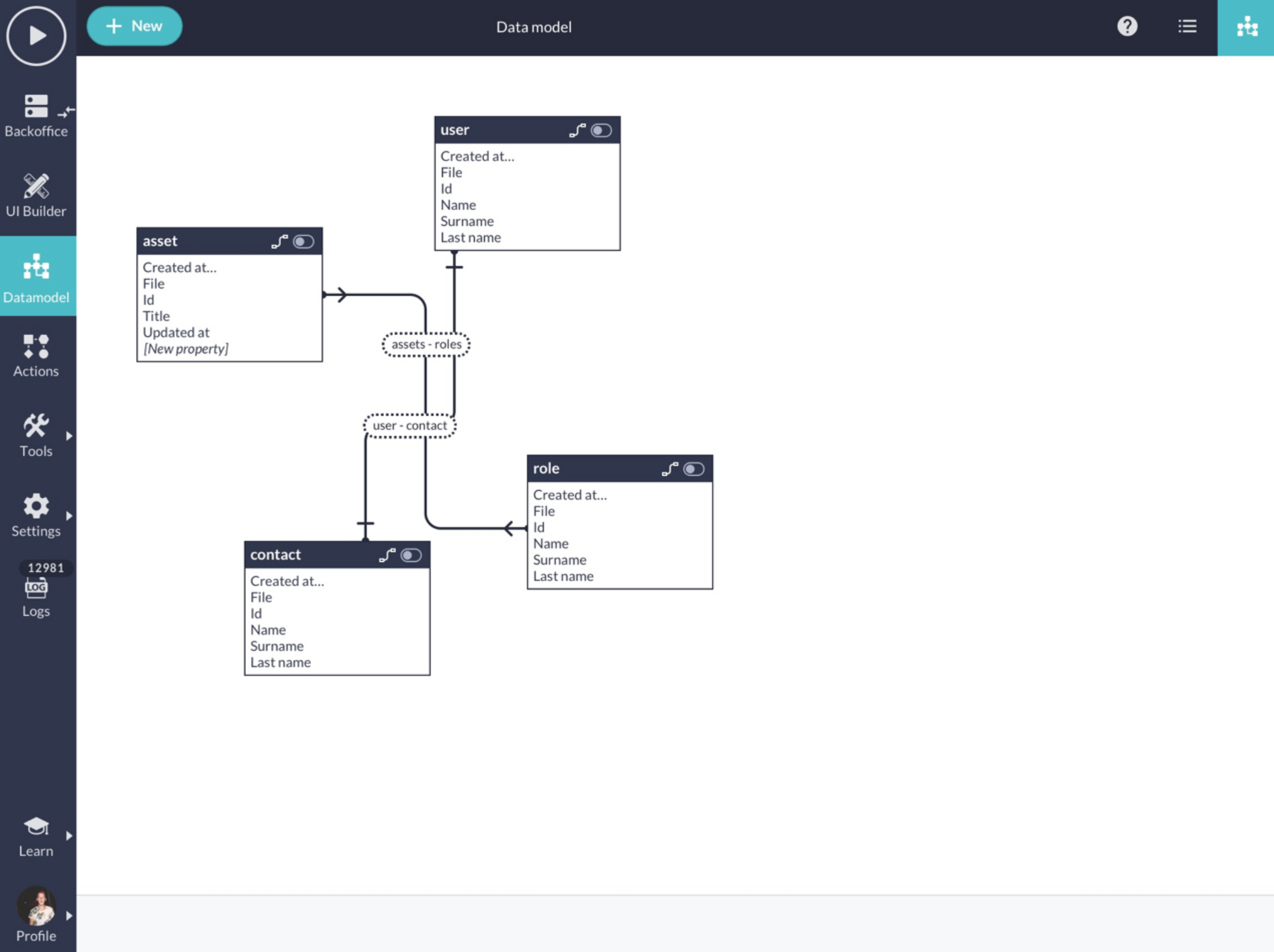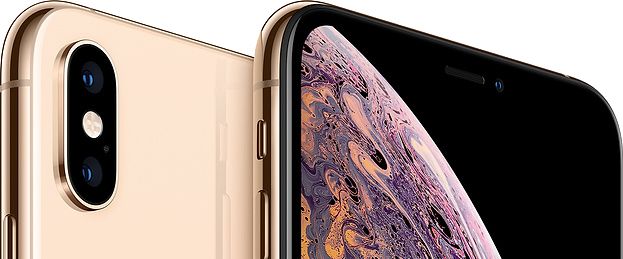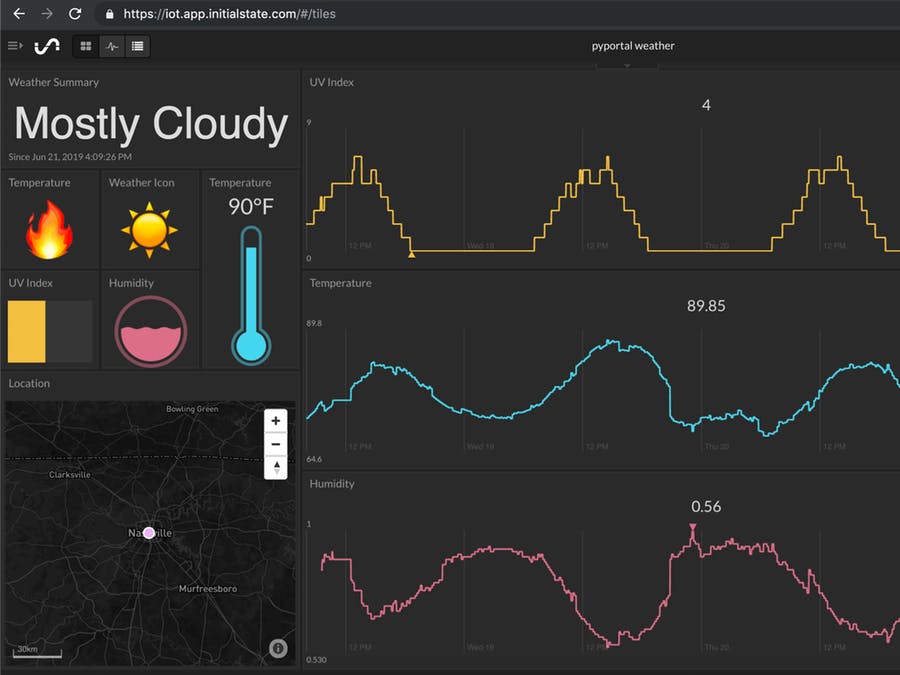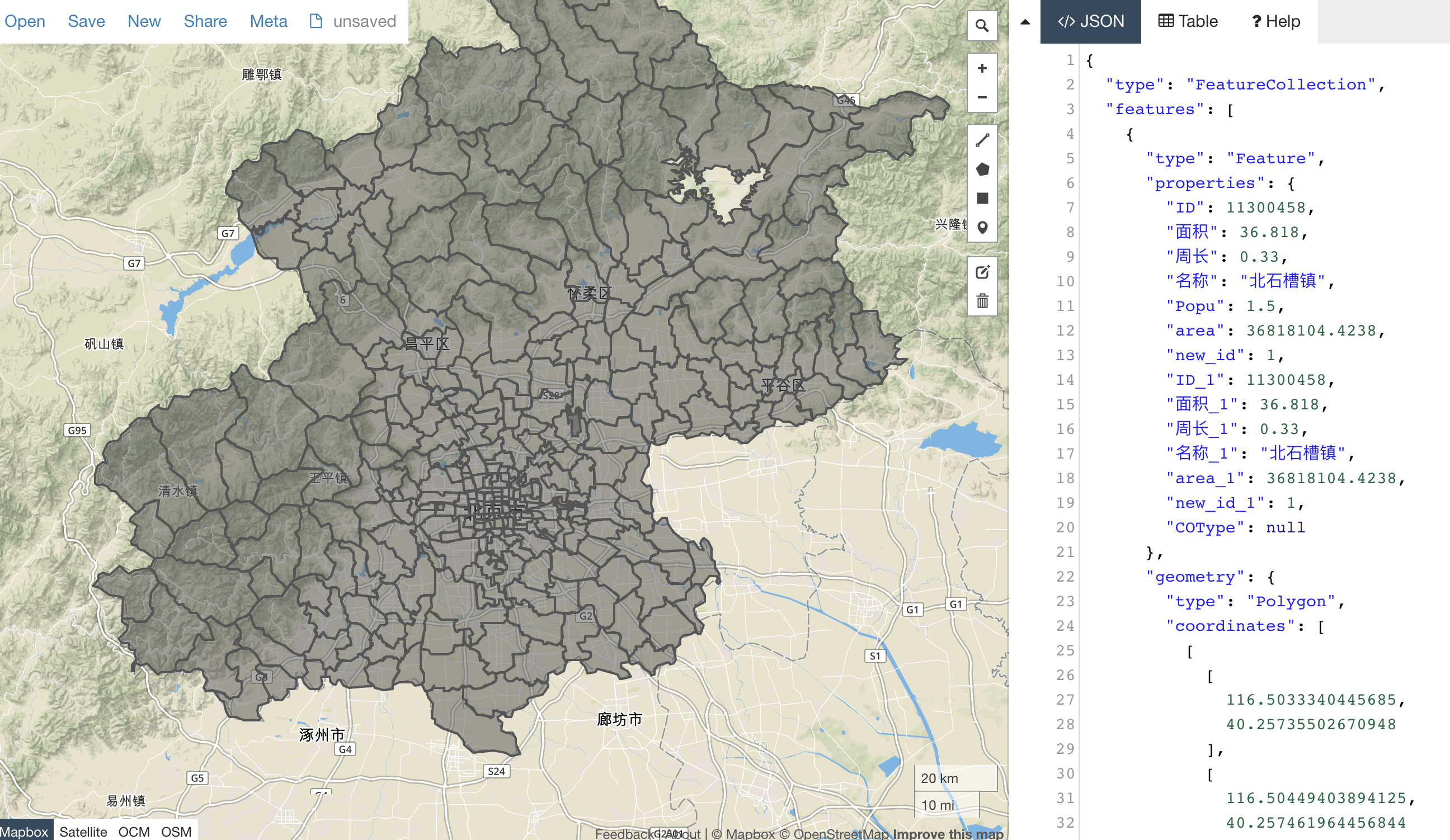In the future writing actual code will be like using a pro DSLR camera, and no code will be like using a smartphone camera. Some pros will keep doing work with DSLRs (and need them), but most basic apps will be built with no code. Just like most photos now are shot on a phone.
"No code" means building applications without writing code, but instead using a visual platform to connect data and build interfaces. Kinda like Excel, but more visual like this, and it has an actual app/site as output instead of a spreadsheet:

And I think this means we'll see The Great Democratization of Software Creation, where most people can just glue some APIs together to build a functioning app/site/thing in hours/days. Kinda like website builders now, but with added API plugging in (like Zapier) and scheduled cron jobs.

That's why the complexity of current code frameworks is so interesting, it's essentially people buying expensive DSLRs with shitloads of lenses, light sensors, etc. which they may not really need. Especially not if their simple apps can be put together with no code.

Just like modern smartphone cameras are good enough (and are used) to make 99% of people's photos.
Towards 95% no code, 5% custom premium code
I think we'll see coding go in two directions:
1) towards simplicity with no code, for 95-99% of apps
2) towards complexity with custom high-level engineered code, for the 1-5% of apps
The engineers working on (2) will be high paid, in the millions/year, because custom code

A recent example is Netflix, who said they want to have LESS employees, paid higher. They'll pay $1M/y+ for 1 engineer instead of $300k/y for 3 engineers.
Current no code platforms
The major no code platforms currently are Bubble and Webflow. Website builders that could be used for no code (when combined with an API platform like Zapier) are Carrd, Squarespace and Wix. I'm not affiliated with any of these, except that Carrd's AJ is my Twitter friend!
What to build for this trend
1) build paid APIs that people in the future can use to build stuff
2) build no code platforms (many already exist though, but why not)
3) build no code tools (not sure what thought) But note it might take 5-10 years for this to get going

I wouldn't stop at just building one API either, build a big set of APIs people making apps can use. For example, I use lots of APIs on Nomad List to get daily data, like Dark Sky for weather: http://darksky.net/dev
Collecting lots of dispersed data (for example from government) and merging it together and normalizing it into one format and then selling it for $$$ is a nice example.

Example from this week: there's no API to get neighborhood boundaries for cities worldwide, the data if even available is dispersed on national and city government sites. I'm collecting/drawing neighborhood boundaries in GeoJSON polygons for Hoodmaps that if I wanted I could put in an API later and maybe sell for $$$.
Conclusion
It's impossible to predict the future, but we can try. And the trend of no code while in its infancy now, will only continue I think. It's now at the state of interactive templates and connecting some basic logic. But it will advance more and means a serious overhaul of the software industry for majority of use cases.
Most software engineers will deny this trend though, but as my friend John from Ghost says:
Everyone can identify disruption until it’s about them
In the future writing actual code will be like using a pro DSLR camera, and no code will be like using a smartphone camera
— (@levelsio) September 7, 2019
Some pros will keep doing work with DSLRs (and need them), but most basic apps will be built with no code. Just like most photos now are shot on a phone
P.S. I'm on Twitter too if you'd like to follow more of my stories. And I wrote a book called MAKE about building startups without funding. See a list of my stories or contact me. To get an alert when I write a new blog post, you can subscribe below: